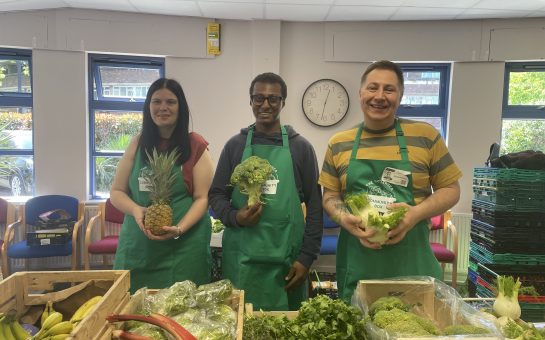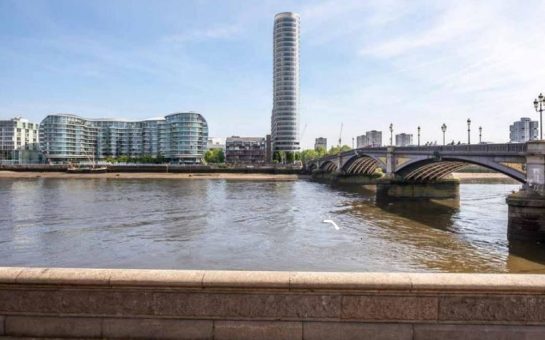Quadruplet otter cubs will see their first World Otter Day as Battersea Park Children’s Zoo plans to hold celebrations on 26 May.
The zoo is organising a scaled-back “day around education” due to Covid-19 restrictions for their popular 19-week-old Asian short-clawed cubs and two adult otters.
The keepers hope to raise awareness about why otters are vulnerable, the zoo’s conservation work and how people can help otters by talking to visitors throughout the day.
The Asian short-clawed otter is listed as vulnerable on the International Union for Conservation of Nature Red List, so the birth of the quadruplets at Battersea in December marked a big breakthrough for the conservation of the species.
The cute cubs were born to Robin, two, and Little John, seven, on 16 December, four days before the Christmas lockdown.
They were given the appropriate names Whitty (after Chris Whitty), Rishi (after Rishi Sunak), Bubble (after social bubble) and Tia (after tier).
Head keeper Jamie Baker said: “Because of social distancing, we’re unable to do our usual big event day where we have charities come, we raise money for them and we do big talks where people can gather.
“This year, we’re going to be talking to people about what we can do at home to help otters, whether that be living more sustainably, reducing our plastic waste and supporting otters out in the wild and how we can help those populations.”
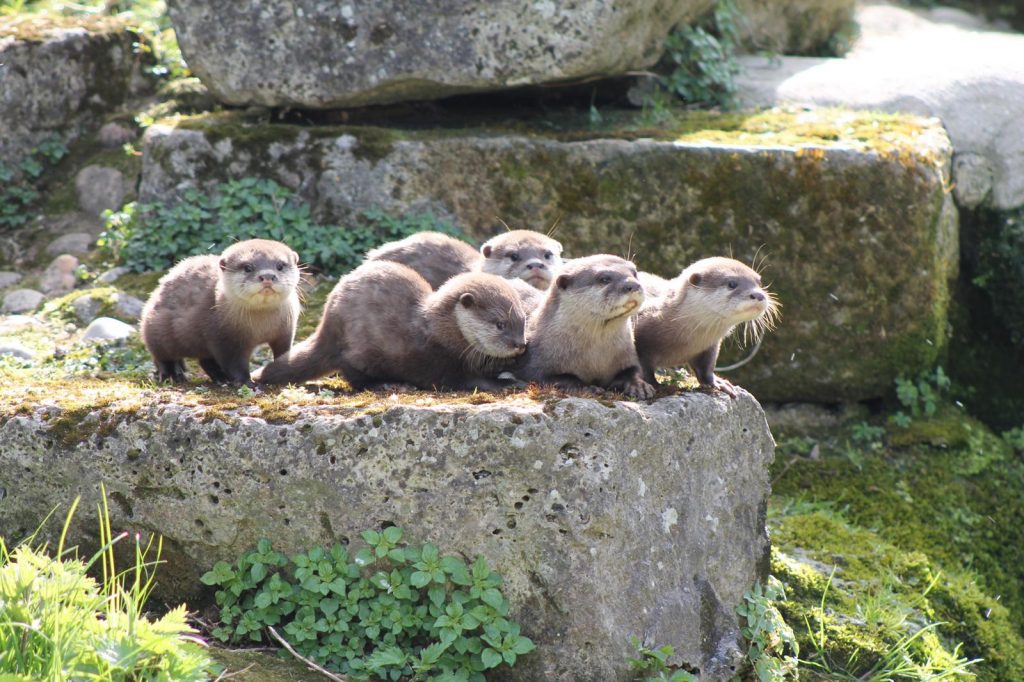
The Asian short-clawed otter population is declining due to habitat loss, pollution and the illegal pet trade.
In 2019, parties to the Convention on International Trade in Endangered Species voted to effectively ban international commercial trade of the species following the social media hype for keeping otters as pets and the ‘otter cafés’ appearing in Japan.
Baker added: “The idea is that we have an insurance population in captivity that are genetically diverse, that have the best genetics and are managed properly.
“That way, if we can sort out the wild for Asian short-clawed otters we have a healthy population that could one day go back.”
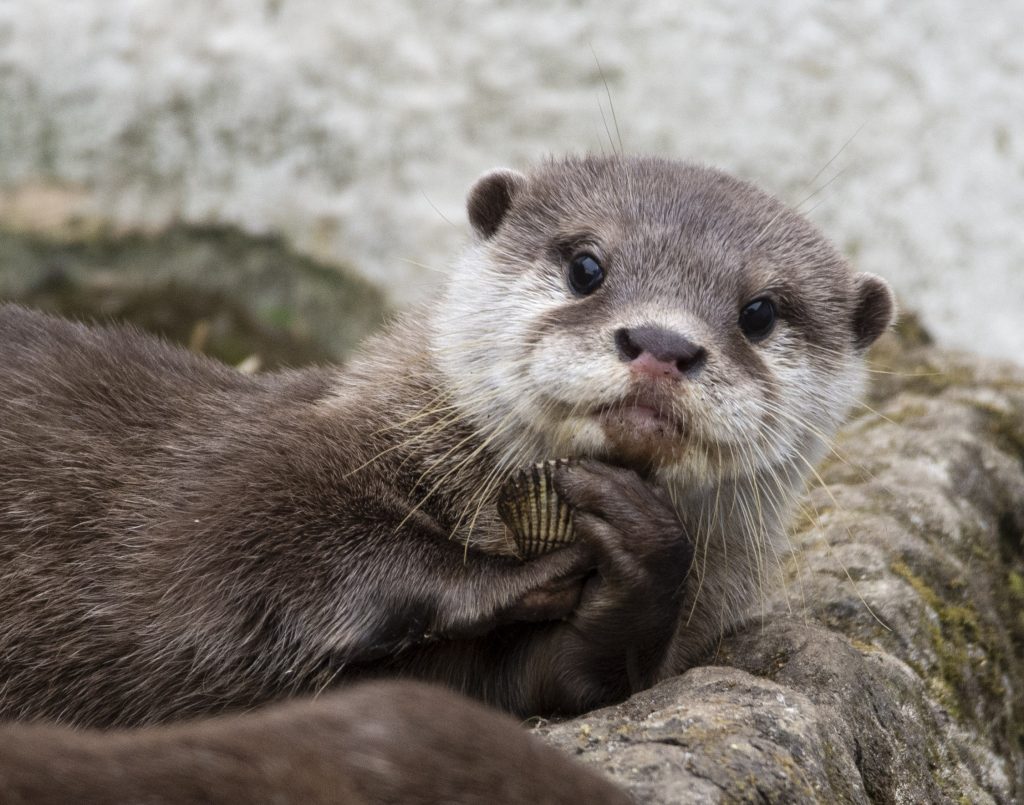
Battersea’s curator of collections, Jason Palmer, is the European Association of Zoos and Aquaria Studbook keeper for the species.
The Asian short-clawed otter is the smallest otter species in the world, weighing less than 5kg so, unsurprisingly, these otters are very popular with visitors.
Baker said: “They are very playful and people think they are very sweet which they are.
“But they are wild animals so they are quite dangerous as well which makes them interesting to watch.
“Otters are very lazy and, when they’re not sleeping or eating, they’re sunbathing or swimming to play.”
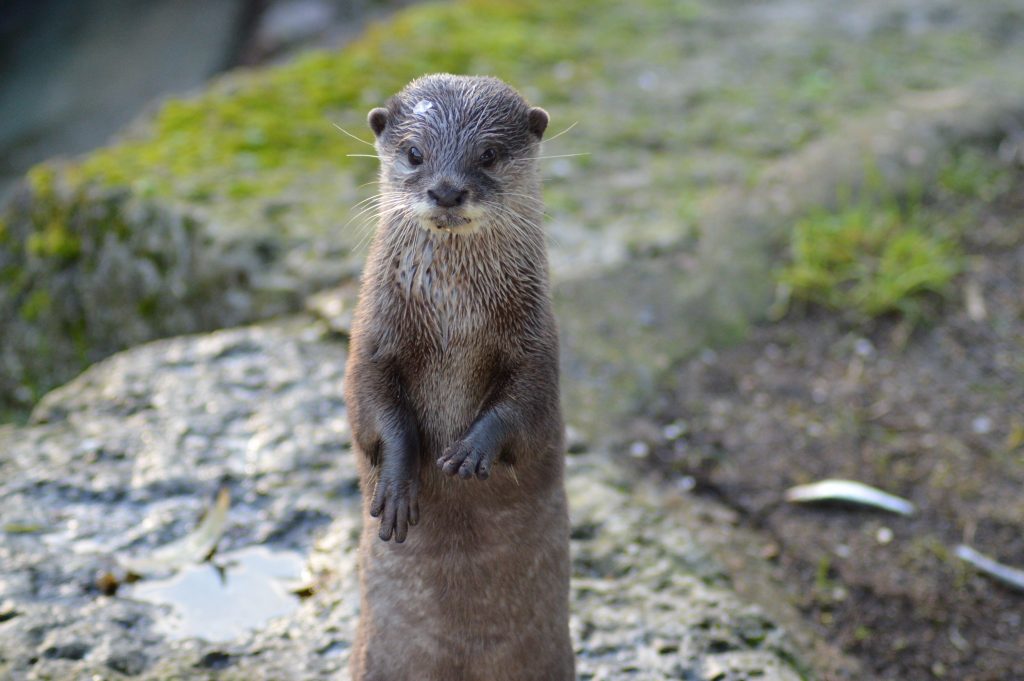
The keepers feed the otters five times a day as they eat about 20% of their body weight.
The quadruplets will stay with their parents at Battersea for at least two years to learn how to hunt, protect themselves and be normal otters.
The zoo has received £20,000 in donations after they set up a crowdfunding page to stay in business through the various lockdowns.

